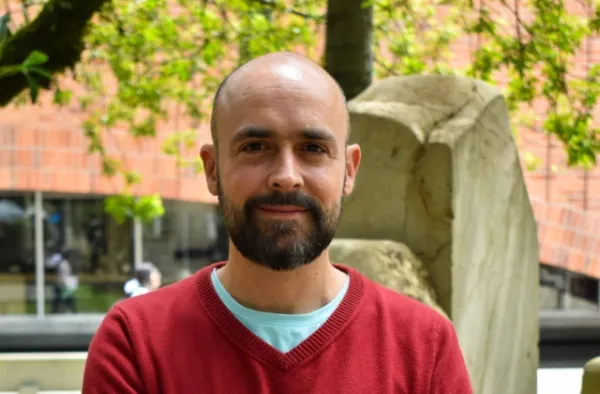Netherlands

Andrés Vélez-Posada
Professor and researcher at Universidad EAFIT (Medellin, Colombia). I obtained my PhD in History from École des Hautes Études en Sciences Sociales –EHESS, Paris- in 2013, after completing my MPhil in Philosophy in Cognitive and Social Sciences from the same EHESS. I graduated in Filosofía y Letras from the Universidad UPB in Medellin in 2004. I have been Fellow Researcher at the John Carter Brown Library, Research Associate at University of Cambridge, Senior Fellow at The Descartes Centre at Utrecht University, and Berenson Fellow at Villa I Tatti (Harvard Center for Renaissance Studies). I work on the history of knowledge, technology and art in early modern Europe and Spanish America, with a particular focus on the circulations and adaptations of medical, geographical and metallurgical knowledge in tropical contexts. My research seeks to uncover the relationship between naturalistic knowledge, philosophical meditations and politics in early modern cultures.
Research questions: How was tropical nature experienced and studied in early modern Spanish America? How were knowledge practices of the communities that lived there, connected with their environment?
The building of the Spanish Empire in the Americas in the early modern age was a political and scientific project without precedent. The geographical and ecological conditions of Spanish America posed both challenges and opportunities. Since most of the territory was tropical and sub-tropical, it was drastically different from the European environment and had it’s own specific knowledge practices.
Andrés Vélez-Posada will focus on the tropical Andes of the New Kingdom of Granada (current Colombia and Venezuela territories). He will look at the exploitation of gold- and emerald mines in Antioquia and Muzo mountains between 1550 and 1700. The ethnic and environmental diversity of this region gives him the opportunity to reveal why place matters and how it can shape knowledge negotiations and specific ways of knowing.
Ultimately, his project aims to study the subject of the environments of knowledge in Spanish America and how the ingenuity of New Granada makers and experts were evaluated, recognized or erased in the formation of the global knowledge societies.
the history of knowledge; technology and art in early modern Europe and Spanish America; circulations and adaptations of medical; geographical and metallurgical knowledge in tropical contexts
